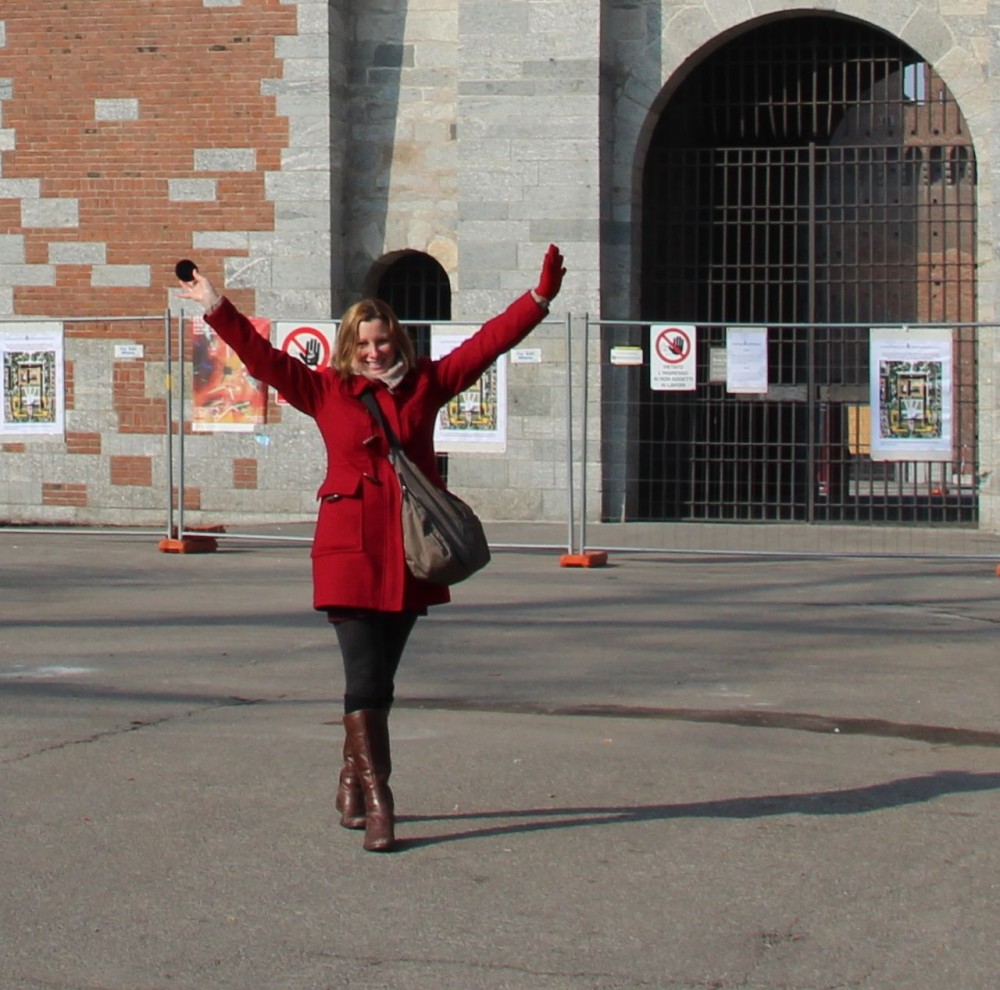 How do people deal with their emotions when someone close to them is dying? Some of us hide at home, drink too much, over eat, go to therapy, call friends, run away or as many different people there are in the world, are as many different solutions we can come up with when dealing with death and illness.
How do people deal with their emotions when someone close to them is dying? Some of us hide at home, drink too much, over eat, go to therapy, call friends, run away or as many different people there are in the world, are as many different solutions we can come up with when dealing with death and illness.
After a string of deaths in my own family, 2 of which were weeks before their retirement, Alfonz and I changed the course of our lives, and the way we think about work in relation to it.
Our value system changed from living to work, to working to live. Slightly moving our views a few degrees, from focusing on paying everything off and saving for the future, to what if there is no future?
It launched us into our current adventure of moving to France, starting a home-based business and travelling around Europe with our two kids, showing them a different kind of life. A life based on Defining Time Currency.
When death hit, we had no choice but to confront our own mortality and asked:
How long do I have?
What if this was my last year to live?
Am I living the life I have always dreamed of?
Is this the life I couldn’t wait to get to?
Am I an example of living my best life?
How am I going to deal with my family while going through loss?
How I Deal With Illness and Death
#1 Death is Exhausting – I remember sleeping a whole day after my stepfather passed away. It felt like a marathon was completed, and my body gave out. For a time, I went through the motions, until I wrapped my head around what had happened. I took extra time to rest, to take it easy, and gave my body what it needed; sleep, no matter what time of day.
When my grandfather passed away, I went into action, collecting photos for a memory DVD with music. I put his long life in chronological order, and when it was done, I slept.
#2 Take Time Off – If your work offers bereavement leave I suggest you take it. I also have taken unpaid leaves if I needed more time. Taking the time you require is essential when going through loss. Of course everyone is different, and some people after a long illness or the passing of a loved one, go back to work and they are glad to have the distraction. If you need time, however, take it.
#3 Remember the good times -My favorite memories of my step-dad were while he was sick. Crazy right? But we spent hours together uninterrupted talking about life and death. Those times meant the most to me and I remember fondly those special moments with him.
Remembering good and special times lets them live on through you. We carry them along with us throughout our lives.
#4 Lean on your friends -My biggest help through family illness and death were my friends, but mostly my best friend who had just gone through the same thing. Find a person that you respect and can trust with the wide range of emotions you will be feeling. Tell them what you are going through and share your sadness with them. Talking about it can be the biggest relief you find.
#5 Spent time with your family – For us, living so far away from our family, would mean long distance calls, but thank god for Skype! Talking and being there for the rest of your family means a lot, and they are going through the same thing you are. Even in broken families, parents will step up and support the kids through death, recalling the good times, and sharing special memories long forgotten. Making time for these connections go along way when preparing yourself mentally for what may happen.
#6 Cherish your time together – If your parent is ill, take the time to say what needs to be said. Take the time to let them know you love them. Talk about any unresolved issues you may have with them.
There are many resources out there to deal with the emotions that go along with illness and loosing a parent. But everything points to one solution, talk about it.
#7 Read Tuesdays with Morrie. I loved how Morrie during his illness, had an amazing sense of normalcy about dying. He found peace, he said everything he ever wanted to say, and his visits with his friend on Tuesdays gave him immense pleasure. I highly recommend this book.
#8 Give your spouse what they need – If it is space, an emotional punching bag, support, time, or a drinking partner, give your partner what they need. It is even better if you ask them what they need and they tell you, putting yourself one step ahead of the situation.
Some of us like to talk things through, others like to bottle it up, and still others like to escape away from the pain by not dealing at all. If you partner is having a hard time during the course of their parent’s illness, try to figure out what you can do to help. Maybe take over their share of the chores, make time to listen or time he can be alone away from the family if that is what they need.
Try not to say you know what they are going through unless you really do. Until you are loosing a parent, the experience is so hard, you simply cannot imagine, even if it feels like this is happening to you.
In someways it is, because we love our partners so much, and often their parents too, but your partner needs your support and a soft place to fall so they can deal with this.
#9 Talking to the kids about Death
I love telling the kids about heaven. It gives them comfort knowing that the person they love is in a better place. Their fears are eased. Sometimes the simplest story is best. And my kids thinking Grandpa Steve is in heaven is a happy thought. Daniel sometimes says he’s riding his Harley in the clouds. I love the idea, and can only hope it’s true.
#10 Give Honor To The One Who Is Dying We are an intricate intertwined pattern of lives, all connected and when one of us dies, even if they weren’t your closest friend or family member, they deserve to die with honor. If you have a chance to say goodbye to someone you love before they pass away, as uncomfortable as it may be for you, seize the moment, as you don’t get a second chance to say goodbye.
—–
I can only hope this finds your heart when dealing with the loss of a loved one.











Angie, thank you so much for your comment.
Alfonz’s father is dealing with terminal cancer, and it has been hard for his dad to come to terms with his illness. To watch my husband, normally strong and level, experience the emotions that come with watching a loved one fade away, definitely has had its toll on our family. But it makes us stronger, and death and illness is a huge part of life, yet it is so taboo to talk about.
My mother flew to the side of my grandmother, and just missed her passing. She stayed with her mom for a long time after, talking to her, dealing with what had happened. She said it was the most normal experience, yet no one prepares us for it.
My uncle, step-father and now Alfonz’s father, were not yet into retirement when their illnesses hit, and it really was a wake-up call for us to live our best life now. No one knows how long we have. Doing the things that bring you happiness no matter where you are in life, is important. The connections that make us feel strong and things that make us smile, those are the things we must surround ourselves with, even if we have 2 weeks, 2 years or 2 decades left, being at peace in the moment we are in, this one right now, even as I write you, is just as important as any other moment, and we must be present in our lives to find peace and happiness.
Sending you a virtual hug,
Eva xo
I read this post yesterday and haven’t been able to get it out of my mind. Thank you for sharing. The only other blog that has had such resonance for me before is http://www.discover disability.com. Karen gives me such inspiration to find ‘a reason to smile’ every day. When I became suddenly deaf last April, I thought it was the worst thing that could happen to me – but in looking for the cause of the sudden deafness, much worse news was still to come – 2 inter-cranial aneurysms – one 5mm in size and operable by a craniotomy – and the risk of death or stroke, partial paralysis and loss of speech. It has taken me all year to try to come to terms with the disability and only now am I coming to terms with the other issue. I want to live my best life!
Comments are closed.